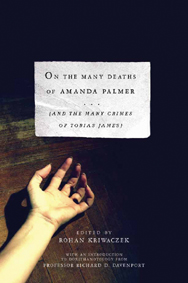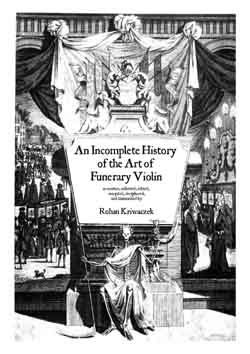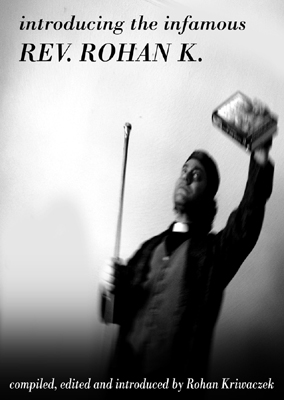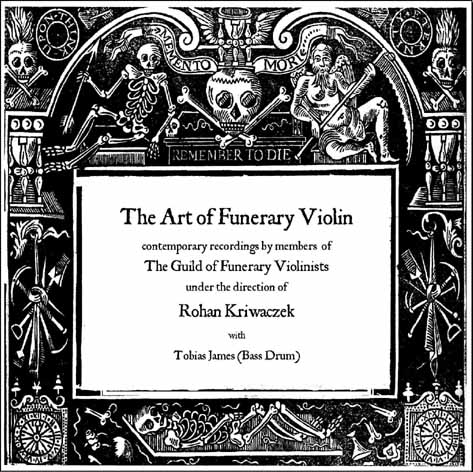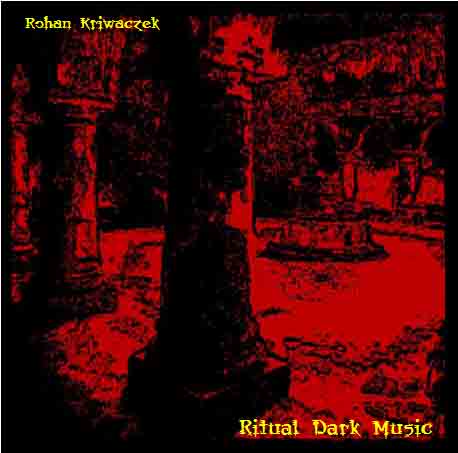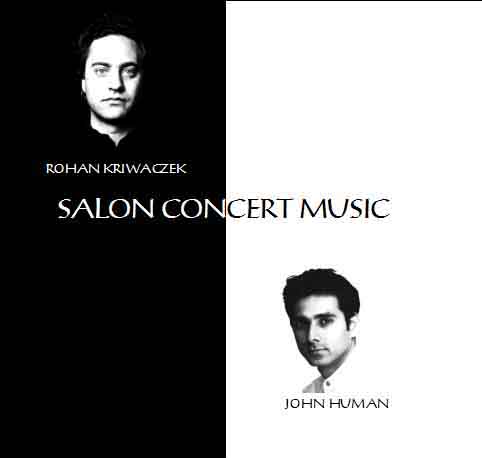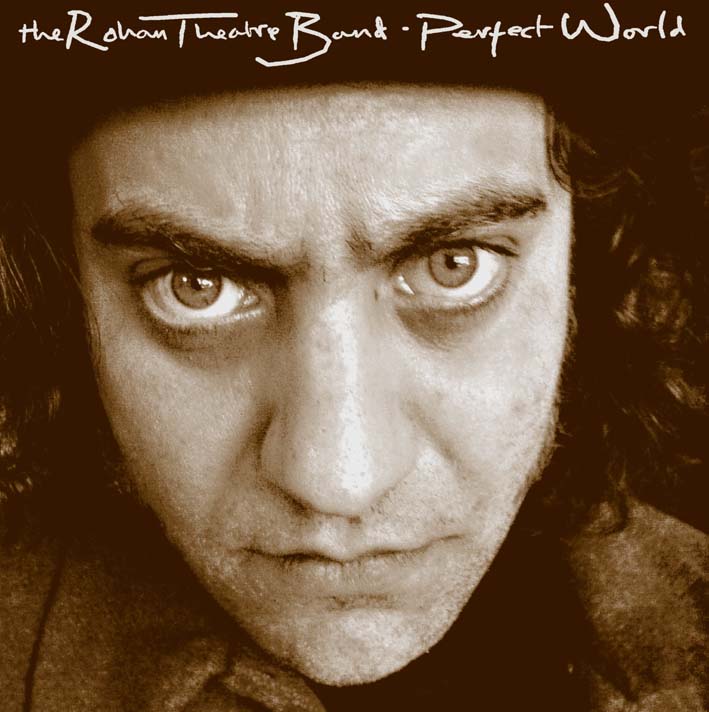to download this article as a free ebook click here
page 4 of 5
It is strange how background information and acquired knowledge can change your perception of something as abstract as music, for as I listened to those tunes for the first time in nearly thirty years I realised I was hearing them in three different ways. The first was driven by memories – I recalled how I used to dance about as a child, attempting to physically express the glee and excitement I heard in it; a naive and simplistic yet delightfully direct response to the rhythms, colours and basic tunefulness of the music. The second perception was driven by the more analytic musicological framework I had developed since I last heard it: I found myself fascinated by the mix and match of cultures and times it represented; I could hear then influence of Jazz, of Klezmer, of the Caribbean rhythms so popular in the late 1950s, of the big band horns that had rallied the troops during the war, and of course the old Yiddish tunes dragged into the present by the twang of electric guitars and the psychedelic whirr of the Hammond organ: a truly international music yet somehow rooted in England, more specifically the Jewish East End of London. Lastly, I found I was listening to it as a kind of musical summary of the life I had been researching: I could hear every step of Willie’s journey up to that point somehow brought together and placed into context by the extraordinary marriage of sounds and musical idioms presented on that recording. Walter assured me that the name, Yiddish Twist, derived from Der Schwitz, the dance rhythm Willie had developed during the war, of which it was a lighter, faster version, although it seems more likely that the name was a reference to the more well known rock’n’roll dance the twist, as successfully promoted by Chubby Checker during the early 1960s, and certainly Willie’s music does share something of the exuberance of Checker’s twist, but with a different and distinct rhythm.
The end of 1963 brought with it the end of Willie’s period in the sun. Dance bands of any kind were no longer fashionable, and Willie found himself reduced to playing Weddings and Bar Mitzvahs for the first time since his youth. Then on September 5th 1965 Willie had a massive heart attack whilst on stage during a wedding at the Golders Green Jewish Community Centre, having just finished a novelty trumpet solo on hosepipe and funnel. He died two days later and was buried at Bushey Jewish Cemetery, next to his mother and grandparents.
Or at least that was the story according to Walter.
****
It wasn’t until a couple of months after Walter’s death that certain questions began to arise to which I could find no obvious answers. At that point Walter’s collection was still in my hands and I had already written a number of articles about Willie’s life and works for various Jewish and ethnomusicological journals. A series of concerts honouring the Yiddish Twist Orchestra were being planned for later that year, and had already been granted funding. And so, when I started seeing holes and inconsistencies in Walter’s story I was at first keen to view them as nothing more than the occasional confusion of an enthusiastic old man. Walter was afterall a theatrical and charismatic storyteller, prone to long anecdotes that veered from wildly from subject to subject, and it was not any great surprise to find that at times he may have elaborated a touch, or confused one instance with another. Indeed his gusto and charm when talking about Willie were so infectious that I was, I must admit, somewhat swept along by the tale and it was only months later, after Walter’s death, when listening back to the hundreds of hours of recorded conversations, that I began to notice little details that didn’t quite fit: names that were supposed to be Willie’s stage names performing at different venues on the same night; clubs that Willie was supposed to have played at that had closed a few years earlier or opened a few months later; but it was the issue of Walter Bergman’s birthday that finally brought the whole tall tale crashing down.
I had from time to time asked Walter when he was born, but he had always shrugged it off saying something like “this is about Willie or me?”, or “what has that to do with the price of schmutz; ask me something interesting”, but I hadn’t realised quite how evasive he had been until listening through the recordings months later. He had given away nothing of his childhood, of his mother or his father as parents; indeed he had barely mentioned his mother at all. He did make one comment, however, that suggested he was born in London during the war, and so I visited the public records office to see what I could find out. What I had expected to be a passing visit turned into three long days of research. I was looking for a Walter Bergman, son of William Efraim Bergman and yet the only Walter Bergman I could find within probable dates was born to a Moishe Bergman in 1944. The was almost no mention of a William Efraim Bergman in any appropriate public records whatever, although a William Albert Bergman was, it appears, present at RAF Wittering in March 1942. I was, to say the least, a little confused, and so decided to try to trace any surviving brothers of Walter, son of Moishe, in the hope that maybe they were related in some way and might know a little more about the family. This proved surprisingly easy and within an hour I had arranged to meet Sigmund Bergman, youngest brother of Walter Bergman, son of Moishe. What he told me was to completely destroy everything I had come to believe about Willie Bergman.
Walter, my Walter, was in fact Sigmund’s brother; and their father, Moishe, was a school caretaker. Their mother had died when Walter was three, and Sigmund never knew her. Family rumour had it that the young couple had escaped from the Warsaw ghetto in 1943 and somehow made their way to England, but it was never spoken about and Moishe refused to talk at all about anything to do with the old country, ever. All Sigmund knew was that they had once lived near Krakow. Moishe had most definitely never been a musician, never expressed any interest in music, and Walter had, it seems, always been in the habit of making up stories about his father’s past, as if to fill in the gaps. He had apparently been doing it since he was very young, and had received more than a few thorough beatings for it. Yet even Sigmund was impressed with the extent of this elaborate pretence. Over the course of a long evening and more than one bottle of wine I gave him a kind of guided tour of Walter’s collection, and played him extracts from the many recordings I had made. He seemed genuinely astonished and yet could not stop smiling to himself, and, as he explained later, to Walter’s memory. When I was finished he gave me broad grin and said “He must have loved you.”
|

